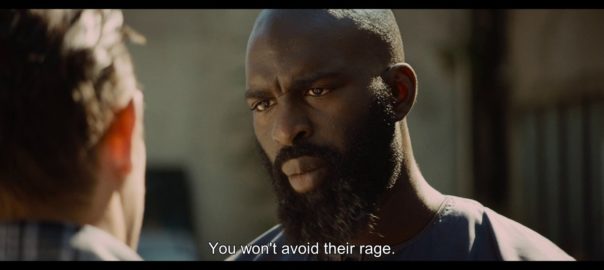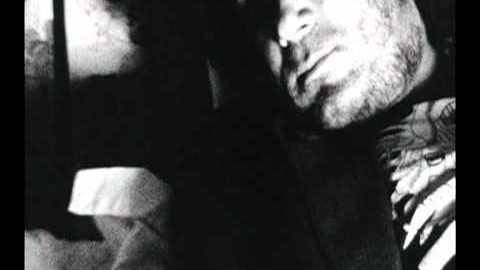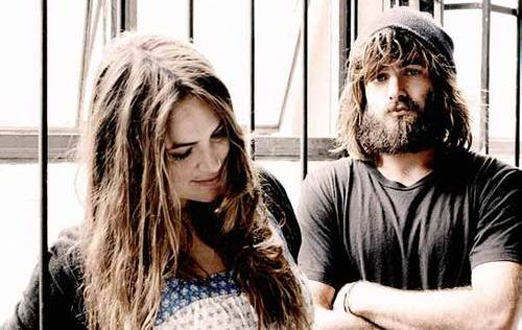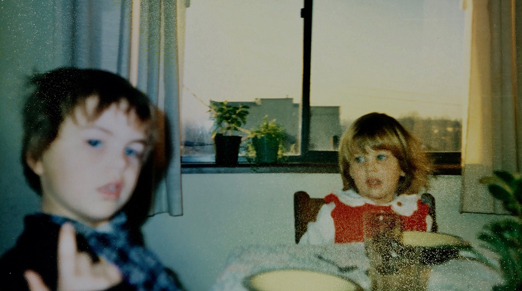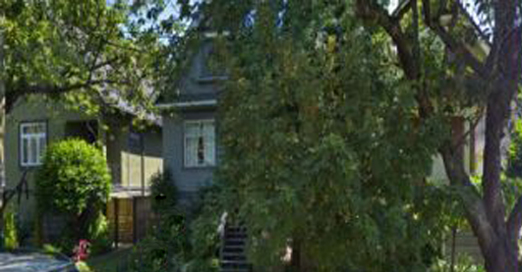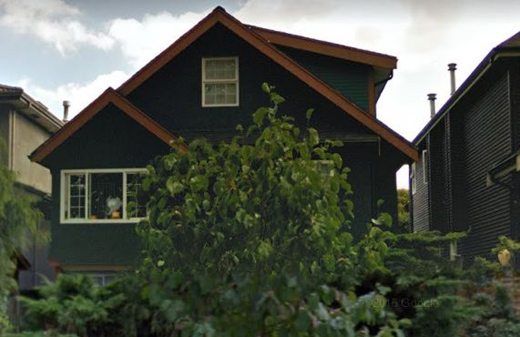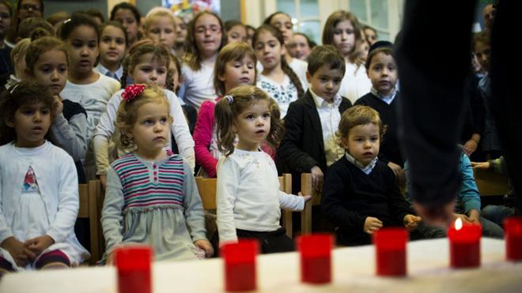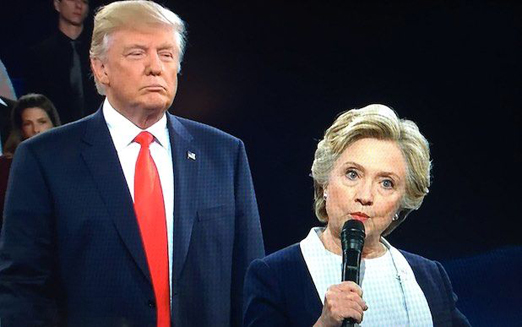
Although many believe that the Oscar season begins in mid-May at the Cannes Film Festival, in fact the Oscar race officially kicks off at the end of August with the Telluride (Aug. 30 – Sept. 2), Venice (Aug. 28 – Sept. 7), Toronto (Sept. 5 – 15) and, at the end of September, both the New York Film Festival (Sept. 27 – Oct. 13) and our very own homegrown film festival (VIFF 2019, Sept. 26 – Oct. 11), where most of the upcoming Oscar contenders will make their auspicious and much-anticipated débuts.
Winner of the Jury Prize at Cannes this year, Ladj Ly’s Les Misérables — débuting at VIFF 2019 as part of the Spotlight on France series — emerged as one of Jeff Wells’ (Hollywood Elsewhere) favourite films at Cannes this year, a film he describes as “explosive, urgent, furious, riveting, breathless and impactful,” and about which VIFF’s festival guide says …
Set in the same suburban Paris neighbourhood, Montfermeil, used by Victor Hugo as the location for the Thénardiers’ Inn in his Les Misérables, débuting director Ladj Ly’s gripping, incendiary police-thriller gives us a young cop, Stéphane (Damien Bonnard), who joins an Anti-Crime Squad team led by loose cannon Chris (co-writer Alexis Manenti, superb) and is soon immersed in a world of poverty and internecine power struggles. When images of police brutality start circulating, the shit hits the fan…
The full VIFF 2019 festival guide will be online two weeks from today, on Friday, September 6th, on the same day the glossy cover programme will be available at libraries and various other outlets across Metro Vancouver.
With the summer silly season of dreaded movie sequels having drawn to a close, with box office down 19% this summer over last, the failed popcorn blockbusters are about to give way to the more serious fare all cinephiles cherish, all of which are ready to elbow their way into the Oscar derby.
At the various film festivals that will unspool future Oscar award winners over the course of the next month and a half, new films from Pedro Almodóvar, Noah Baumbach, Terrence Malick, Edward Norton, and more will launch into the awards season or fizzle out.
In respect of VIFF 2019, as more information about the 38th annual Vancouver International Film Festival becomes available, we’ll publish our idiosyncratic take and insight into the information with which we’re provided. In the meantime, take a look below for films that will début at one or more of the above-mentioned film festivals, including our own illustrious Vancouver International Film Festival …
Writer-director-producer Edward Norton has transplanted the main character of Jonathan Lethem’s best-selling novel Motherless Brooklyn from modern Brooklyn into an entirely new, richly woven neo-noir narrative: a multilayered conspiracy that expands to encompass the city’s ever-growing racial divide, set in 1950s New York.
Portrait of a Lady on Fire
On the cusp of the 19th century, young painter Marianne travels to a rugged, rocky island off the coast of Brittany to create a wedding portrait of the wealthy yet free-spirited Héloise. An emotional and erotic bond develops between the women in Céline Sciamma’s Cannes-awarded subversion of the story of an artist and “his” muse.
In this richly burnished, occasionally harrowing rendering of the persistent scars of war, two women, Iya and Masha (astonishing newcomers Viktoria Miroshnichenko and Vasilisa Perelygina), attempt to readjust to a haunted post-WWII Leningrad.
Noah Baumbach’s new film is about the rapid tangling and gradual untangling of impetuosity, resentment, and abiding love between a married couple — played by Adam Driver and Scarlett Johannson — negotiating their divorce and the custody of their son. It’s as harrowing as it is hilarious as it is deeply moving.
Pedro Almodóvar taps into new reservoirs of introspection and emotional warmth with this miraculous, internalized portrayal of Salvador Mallo, a director not too subtly modeled on Almodóvar himself and played by Antonio Banderas, who deservedly won Best Actor at this year’s Cannes Film Festival.
A searing exploration of the consequences of upholding one’s convictions in a time of terrifying upheaval, this latest work from Terrence Malick (The Tree of Life) mines the themes of spirituality and engagement with the natural world that have permeated so much of the American auteur’s late-period renaissance. Set in Austria during the rise of the Third Reich, A Hidden Life movingly relays a little-known true story of quiet heroism.
